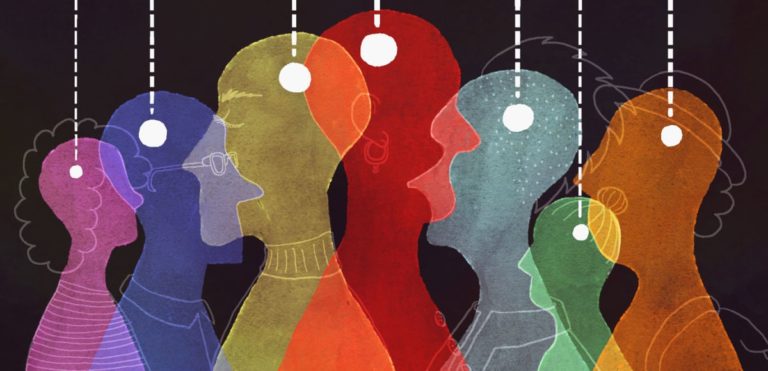Most efforts to gain a window into political affairs are useful in the effort to keep democracies and their leaders accountable. As someone who has filed multiple information requests of governments over the years, I know it doesn’t matter which party is in power, they all seek to delay requests for information that they think may affect their popularity.
So it’s no surprise some in the public welcome the disclosure of secret diplomatic cables between governments of the sort Julian Assange has just dumped into full public view over the last month. The public bias—more openness is better than less—is a fundamentally healthy impulse.
But there’s a world of difference between the information that WikiLeaks just released and the day-to-day games governments play when it comes to non-security related information. For instance, on the disclosure of Indian reserve salaries, no harm comes from transparency on politicians’ salaries; on the contrary, much good (hopefully) will result from such disclosure, perhaps more modest compensation in the future and redirected resources to those in need.
Similarly, in the case of Wiki leaks, some good will result. If we believe the secret whispers from the Saudis—not a given, since they may sometimes say what the West wants to hear—they apparently think Iran is the real problem in the region, and not as they and other Arab states so often proclaim publicly, Israel. That’s helpful. It may even reduce tensions as the nonsensical claim Israel is the problem can be punctured with such now-public information about Saudi views.
But in general, to blow open secret correspondence between diplomats risks great harm to informants. Think it interesting to know who leaked information on internal Iranian human rights abuses, Russia’s killing of journalists, or Syrian torture chambers? Those repressive regimes also would like to know; so they will now ferret out and kill those who give an accurate account of the internal dynamics of such regimes. So those channels will close up if one’s identity can’t be protected.
Imagine if, back in the Iranian hostage crisis in 1979-80, where Canada’s diplomats secretly hid American staff in our Tehran embassy, what would have happened had someone like Assange obtained and released cables that hinted what Canadian ambassador Kenneth Taylor was up to in the Canadian embassy in Tehran? The result might have been another embassy—ours—held captive by the Iranian students, or worse.
By releasing private diplomatic cables, the very point of diplomacy—the attempt to avoid letting irritations between nations spiral into war—is undermined. Diplomacy necessitates conversations with those on the other side. That includes a dance of hypocrisy some days, and frank assessments to one’s own superiors. Undermine that and the distance between peace and war is shortened.
It’s important in crises to keep talking, to not pander to immediate public opinion (which may be justifiably outraged over a recent event), and to avoid war, and even at the cost of duplicity in the public realm.
During the Cuban missile crisis, one secret deal struck by the Kennedy administration was that if the Soviets backed off from their attempt to install missiles in Cuba, the United States would, at a later date after the crisis abated, quietly remove its own missiles from Turkey. President John F. Kennedy’s administration understood not only the necessity of drawing a line in the Atlantic Ocean and enforcing a naval embargo on Soviet ships headed to Cuba—that was the “stick”; they also understood the very helpful value of the carrot of private diplomacy that offered a quid pro quo. This helped moderates in the Kremlin ward off hardliners who might have otherwise have bluffed the Americans and blundered into thermonuclear war.
Is this duplicitous? Diplomacy is that almost by definition. It is similar to social interaction that at times is necessarily so to help others save face. Only a fool would answer a woman’s query–“How do you like my new haircut?”—with anything less than an affirmative answer, even if the questioner looks as if she visited the same salon to which she normally takes her canine.
Private diplomacy allows governments to match the occasional very public and understandable outrage with creative solutions that can avoid war. That alone is worth keeping diplomatic correspondence private. Shorten the time between public outrage and the necessity for governments to act, and one risks cold hostilities becoming hot. That is to no one’s advantage.
“Hypocrisy is the tribute vice pays to virtue” someone once said. Diplomatic hypocrisy is the tribute diplomats must pay in order to gain time and slow the emotions of politicians and the rest of us in tense situations, ones that otherwise might explode. WikiLeaks has done the world no favours in avoiding such outcomes.







